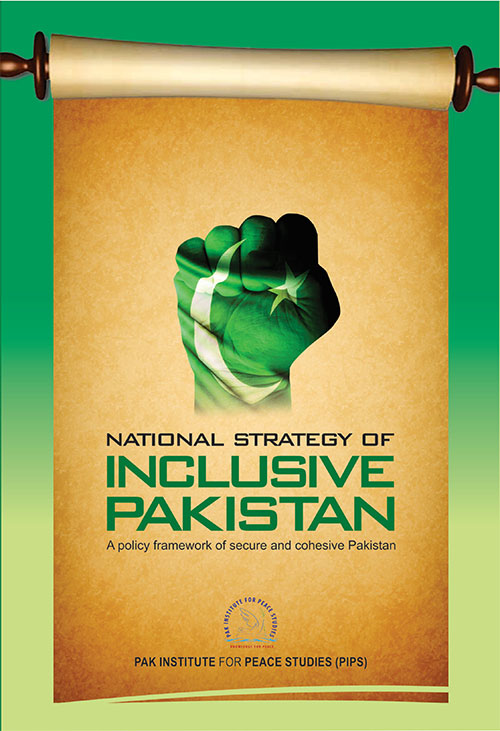Secure and Inclusive Pakistan

- Punjab Policy brief-1 Securing Punjab’s social & cultural diversity
- Punjab Policy brief-2 Social harmony and equal citizenship
- Punjab Policy brief-3 Safe charity: giving to the right hands
- Punjab Policy brief-4 Promoting the culture of dialogue in Punjab
- Punjab Policy brief-5 Intellectual and scholarly trends on countering violent extremism in Punjab
- Punjab Policy brief-6 Role of Punjab’s literary and cultural institutions in countering extremism
- National Policy brief-1 Religious Thought and Conflict
- National Policy brief-2 Reintegration of Militants
- National Policy brief-3 National Dialogue and Social Contract
- National Policy brief-4 Implementing National Action Plan
- National Policy brief-5 Constitution, Citizenship and Governance
- National Policy brief-6 Youth Engagement Program
- National Policy brief-7 Media Engagement Programs
- National Policy brief-8 Cultural Diversity and Pluralism
- National Policy brief-9 Education reforms
- National Policy brief-10 Internal security and challenges
- محفوظ اور ہم آہنگ پاکستان
- Reconstruction of the national narratives and counter-violent extremism model for pakistan
- Secure and Inclusive Pakistan
- PIPS Conference Brief
- Policy Brief April- May 2023
- POLICY BRIEF Jun- Aug 2023
The road to a secure Pakistan lays in upholding its diversity. To counter against extremist violence, ensure that the “diversity within” acknowledges inclusion in all aspects of lives. With this benchmark in all policies, the space to militants will be greatly reduced.
Extremist wave has gravely threatened Pakistan’s diversity. Non-Muslims and even Muslims of varied sects have not only been attacked by militants from distant parts of the country, but have also been forced into silence by the beliefs of those around them.
Eliminating extremism, therefore, requires efforts at developing a holistic counter-violent extremism (CVE) strategy, covering multiple fronts. That strategy should operate not only in the physical domain, but also intellectual, by annulling extremists’ dogmas. Fighting militants on the ground or in the field is as important as fighting them through strategies that don’t necessarily pick up fight, one of them being condition-based rehabilitation or reintegration of (repentant and ready-to-quit-violence) militants. Similarly, besides ridding madrassas of their sectarian biases, CVE strategy should also prioritize educating young boys and girls with tolerant messages and sensitizing their teachers. Local cultures should be appreciated, but not at the cost of rights and lives of women. All such measures will achieve pluralistic co-existence.

